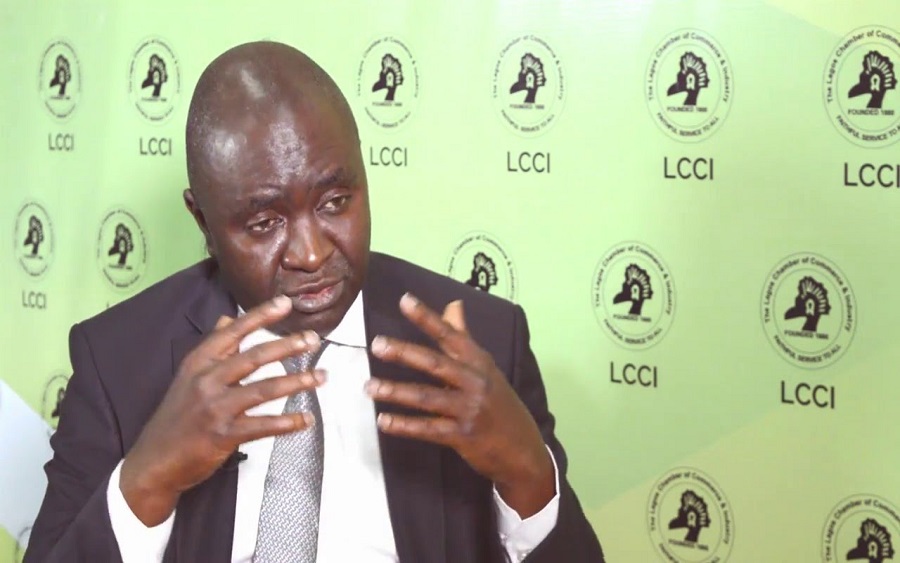The capitalization of the subsidy removal is expected to come at weighty economic costs for Nigeria, as states heavily dependent on FAAC allocations may struggle to pay salaries.
This was disclosed in a statement sent to Nairametrics by Dr Muda Yusuf, CEO of the Centre for the Promotion of Private Enterprise and former President of the LCCI.
He added that the FG’s refusal.to end subsidy, wasn’t a surprise due to the grave potential political costs to the FG.
What he said:
“The capitulation on the subsidy removal did not come as a surprise. There were too many odds against the move. There were obvious concerns about the potential political cost to government and the ruling party. There were worries about the social cost given the excruciating poverty in the country. There was also the waning goodwill required by government to enlist the support of the people.”
He added, “The whole subsidy story became a political economy matter, citing that the matter moved from the realm of economics and investment to the political realm.
“The outcome was predictable, especially with an impending general election next year,” he said.
He added that the economic cost of the capitulation is equally weighty.
He warned, “We should expect the cost of funding the subsidy to be much higher this year because of the surge in crude oil price.
“If the oil price remains high for the most of the year, the subsidy cost could go as high as N2.5 trillion or even more by the end of the year. This would surely affect funding for critical infrastructures such as roads, railways, healthcare education, and even security.
“The petroleum products smugglers, beneficiaries of the fiscal leakages in the fuel subsidy ecosystem and their collaborators will continue to smile to the banks for the next one and half years.
“Some states would struggle to pay salaries, especially states that are heavily dependent on federal allocation. Some may have to lay off some of their workforce. Many will struggle to meet their financial obligations as sub nationals,” he said.
On other macroeconomic risks, he stated that it would be elevated by fiscal deficit and borrowing significantly surpassing projections in the 2022 budget, warning that the CBN may have to continue to cover financing gaps through ways and means.
“This of course has serious inflationary implications. The macroeconomic outcomes would adversely impact on the exchange rate, leading to further depreciation of the currency.”
Urging that prospective investors in the downstream oil sector would withhold their investments until the policy environment becomes conducive.
“Additionally, a major confidence crisis has been created around the Petroleum industry Act as a result of this capitulation. These are the prices we would have to pay as a country for the policy reversal.”
Recall Naiaremtrics reported earlier that Nigeria’s Minister of Finance, Budget and National Planning, Zainab Ahmed, has revealed that the Federal Government has postponed the take-off of the policy till further notice.
She said: “We, therefore, need to return to the National Assembly to now amend the budget and make additional provisions for the subsidy from July 22 to whatever period that we agreed was suitable for the commencement of the total removal.’’
